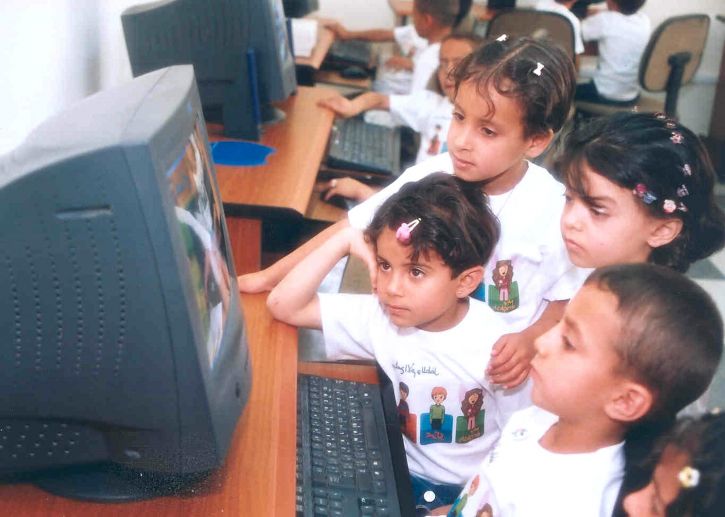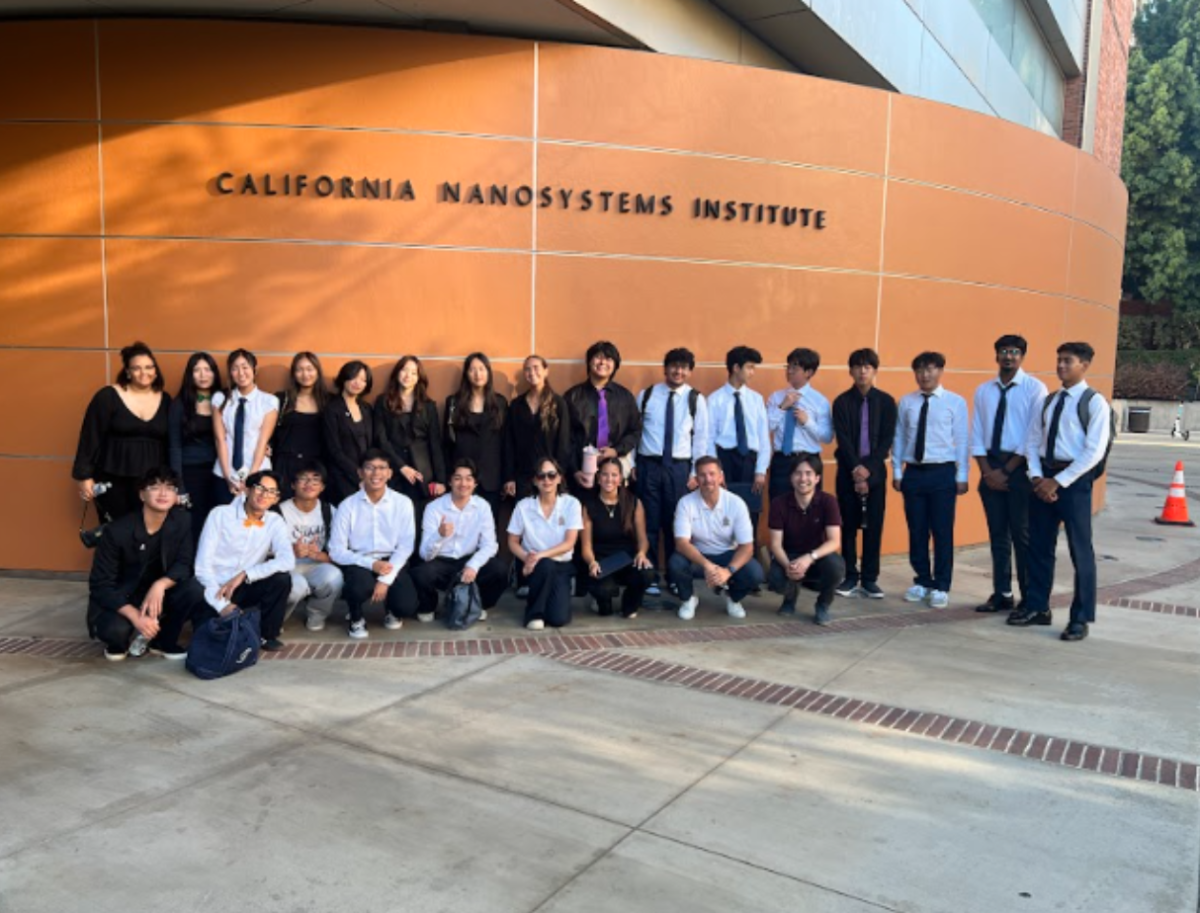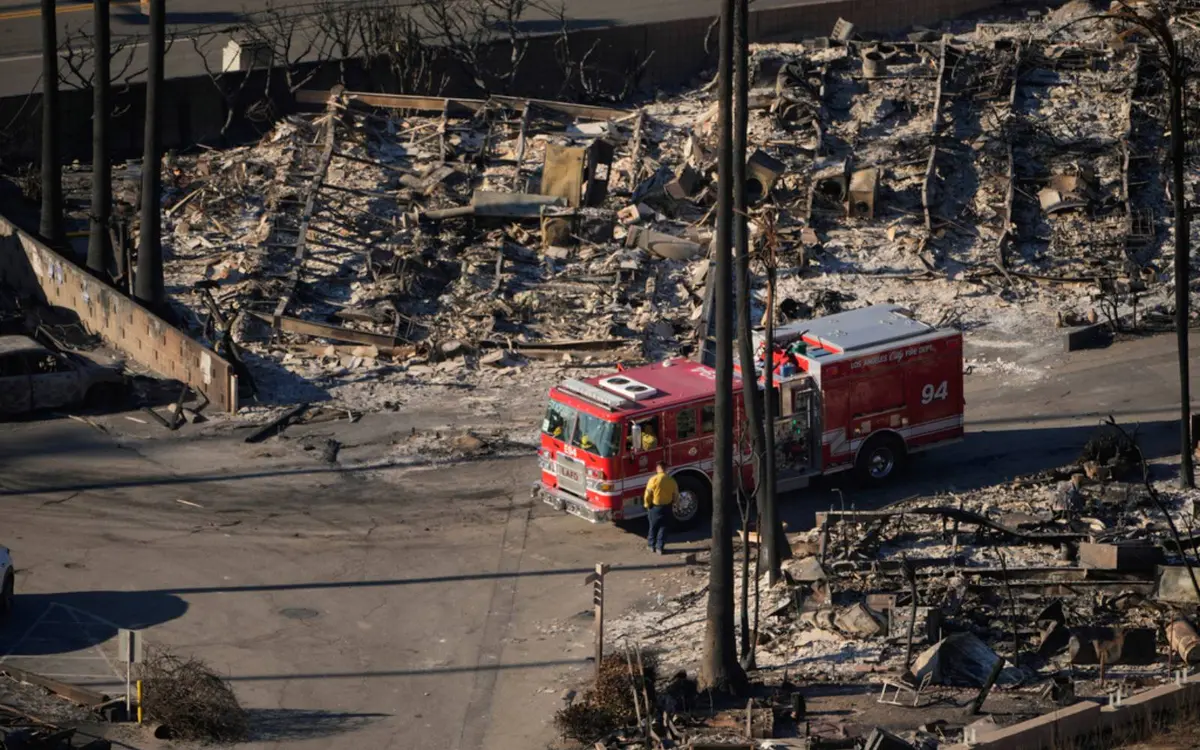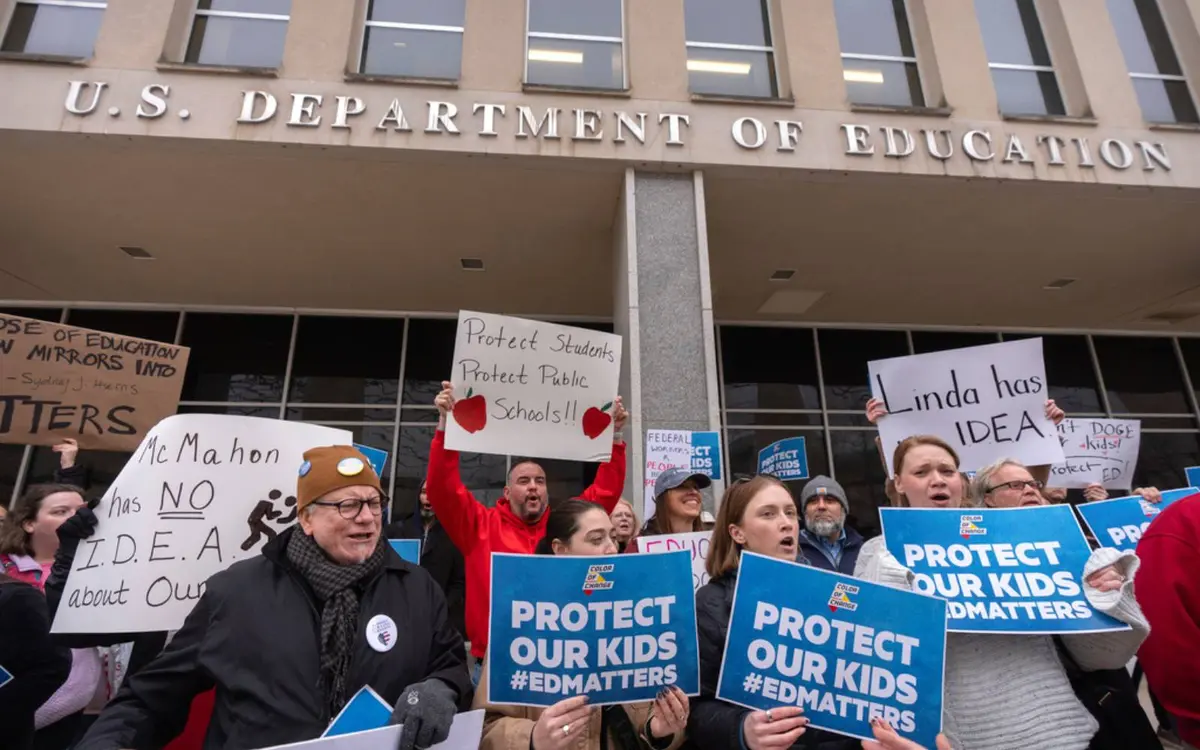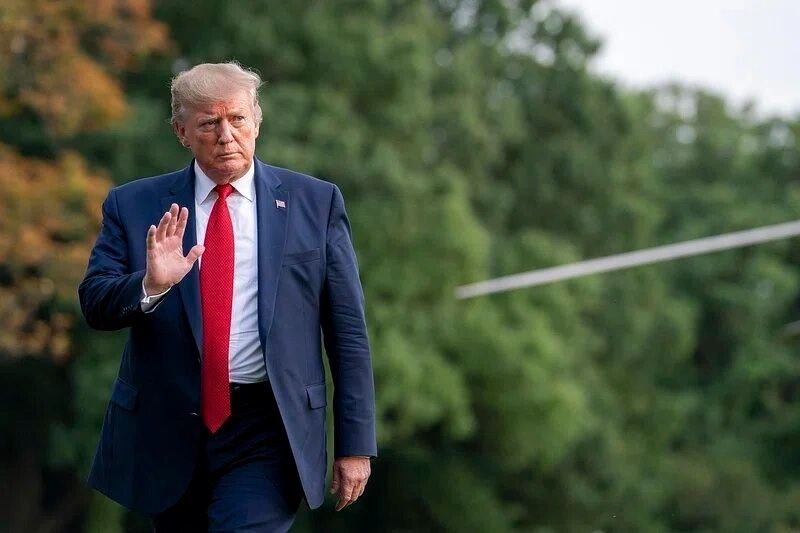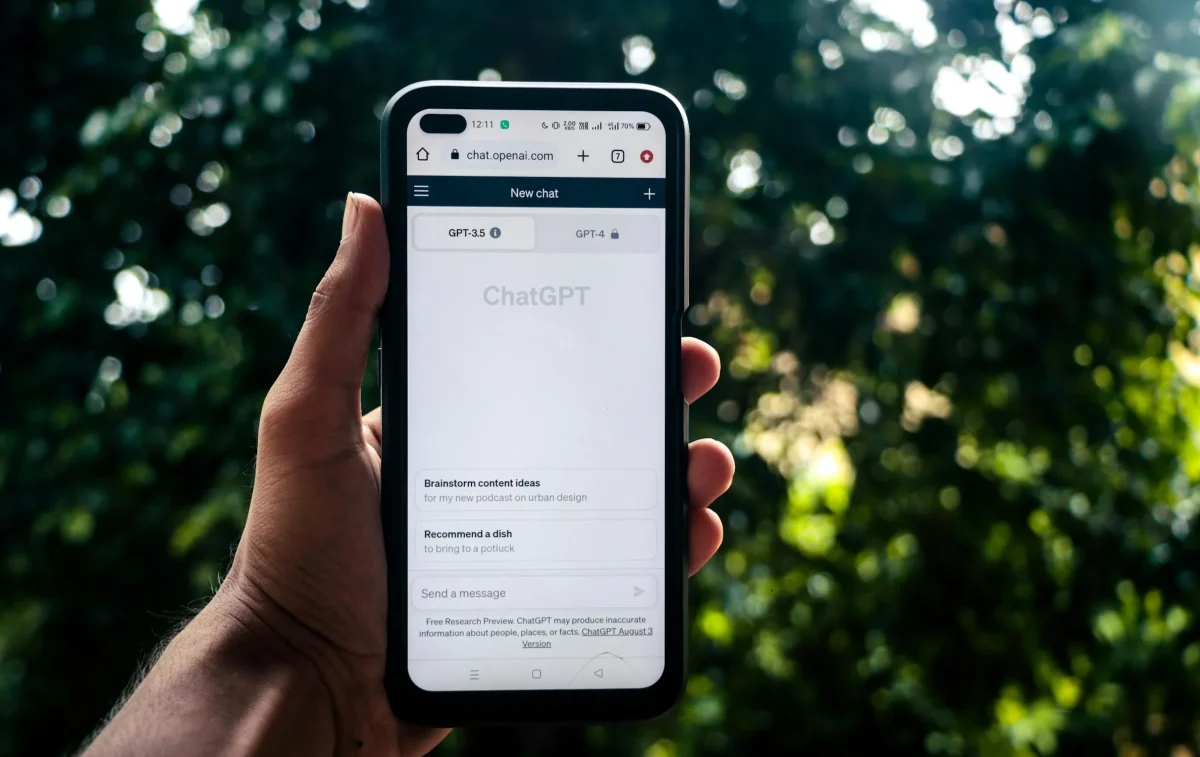Children are like sponges, constantly absorbing everything they hear and watch. For decades, PBS has been a cornerstone of accessible, high-quality educational content for children, families, and lifelong learners. We have lost this network; PBS was defunded and is now officially shutting down.
Shows like Super Why, Mister Rogers, Wild Kratts, Daniel Tiger, Arthur, and Sesame Street are just a few that have provided positive and educational support throughout generations, regardless of social or economic status. However, PBS has found itself in political debates, particularly surrounding federal funding for public broadcasting.
As a publicly funded network, PBS partially relies on government support to produce and distribute content. Critics, often from conservative political circles, argue that such funding is unnecessary and push for budget cuts or complete defunding. These political decisions, typically made far from the classrooms and living rooms PBS supports, threaten to eliminate a vital educational resource.
Unfortunately, the loss of PBS would affect low-income families who depend on free programming to supplement early childhood education and stay informed. Unlike commercial networks, PBS is not driven by profit but by a mission to educate and inform. The absence of which would widen the already troubling educational equity gap, especially in communities with lower income who have limited access to technology or quality schooling.
The political treatment of PBS serves as an example of how society values education. When lawmakers threaten PBS funding, they send a message about prioritizing public educational access, especially for the most vulnerable populations. Conversely, strong political support for PBS often aligns with broader investments in public education, science, and the arts.
PBS News has recently announced plans to lay off around 100 staff, following the loss of approximately $500 million in annual federal funding due to a rescission bill signed by President Trump. This funding cut led to a 21% budget reduction and widespread program and educational content cancellations.
Trump has argued that PBS isn’t as productive as it once was. He consistently pushes for defunding, which finally led to the cancellation of over $1 billion in federal funding and the Corporation for Public Broadcasting shutdown. The move was supported by Republicans and largely opposed by Democrats.
The party that supports this is the Republicans, the current party running the White House. Those who grew up watching PBS are greatly devastated by this decision to cut out the television network. I have discussed this issue with many people, all from different backgrounds and different lifestyles. They all have had the same reaction: shocked, upset, and confused.
In May 2025, the White House stated that PBS and NPR “fueled partisanship and left-wing propaganda with taxpayer dollars.” In a separate social media post, Trump called PBS producers “radical left ‘monsters.” In July 2025, Trump’s administration labeled the public broadcasting funding as part of “woke” spending that needed to be cut.
Overall, PBS is a powerful example of how politics permeates educational institutions—even those not housed within traditional classrooms. While PBS strives toward its educational equity mission, its future is often shaped by the changing winds of political priorities. For the American public, the conversation around PBS is not just about television programs, it’s a reflection of what kind of education system we want to build, and who we believe should have access to it.


